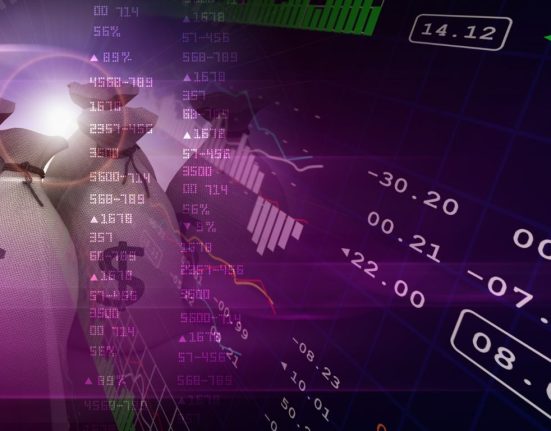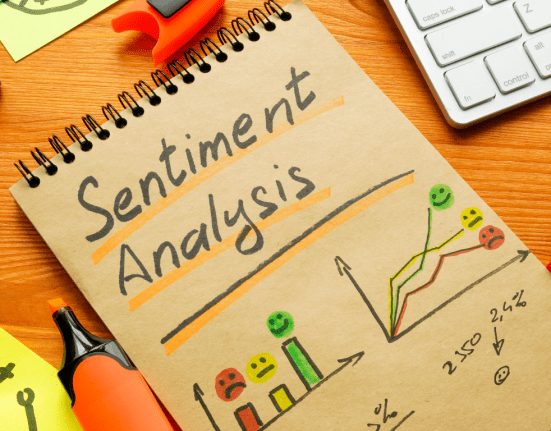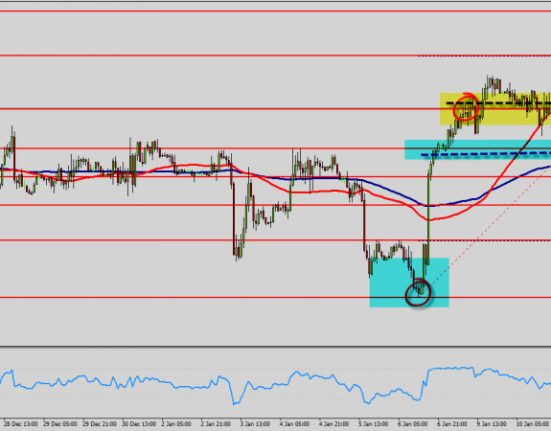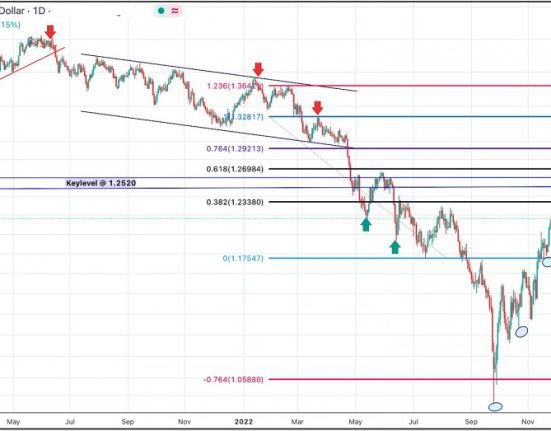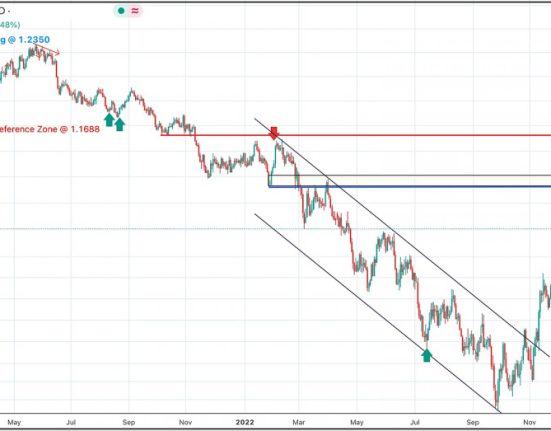Introduction
Forex trading can be a lucrative investment opportunity, but it also comes with its fair share of risks. Traders need to have a solid risk management strategy in place to minimize potential losses and maximize profits. In this article, we’ll explore the importance of risk management in forex trading and provide tips on how to develop an effective strategy.
Understanding the Risks in Forex Trading
Forex trading involves buying and selling different currencies to profit from the fluctuating exchange rates. While the potential for significant returns is high, there are also many risks involved, including:
Volatility: The forex market is known for its high volatility, which means that exchange rates can change rapidly, leading to significant losses if not managed properly.
Leverage: Many forex brokers offer traders the opportunity to trade with leverage, which increases their potential profits but also magnifies their potential losses.
Political and Economic Factors: Global events, such as natural disasters, political turmoil, or economic instability, can impact exchange rates and create significant risks for forex traders.
The Importance of Risk Management
Given the potential risks involved in forex trading, it’s crucial to have a solid risk management strategy in place. This strategy should help you minimize losses and maximize profits by:
Setting Limits: Establishing a stop-loss order can help you limit your losses if the market moves against you. You can also set a take-profit order to lock in profits when the market moves in your favor.
Diversifying Investments: Diversifying your investments across different currencies can help mitigate the risks associated with any one currency.
Staying Informed: Keeping up-to-date on global events and economic indicators can help you make informed trading decisions and avoid potential risks.
Maintaining Discipline: Sticking to your risk management strategy, even in the face of temptation, is key to success in forex trading.
Tips for Developing an Effective Risk Management Strategy
Here are some tips to help you develop an effective risk management strategy for forex trading:
Determine your risk tolerance: Before entering the market, it’s essential to understand how much risk you’re comfortable taking on. This will help you determine the right amount of leverage to use and the size of your trades.
Set realistic goals: It’s important to set realistic trading goals, taking into account your risk tolerance, investment capital, and market conditions.
Use stop-loss orders: Stop-loss orders can help you limit your losses if the market moves against you. Be sure to set these orders at realistic levels and in line with your risk tolerance.
Diversify your investments: Diversifying your investments across different currencies can help mitigate the risks associated with any one currency.
Stay informed: Stay up-to-date on global events and economic indicators that may impact the forex market. This information can help you make informed trading decisions and avoid potential risks.
Maintain discipline: Sticking to your risk management strategy, even in the face of temptation, is key to success in forex trading.
Conclusion
Conclusion In conclusion, the importance of having a strong risk management strategy in forex trading cannot be overstated. Understanding the risks involved and taking the necessary steps to minimize those risks can greatly impact the success of a trader’s investments. By setting limits, diversifying investments, staying informed, and maintaining discipline, traders can increase their chances of success in the volatile forex market. It is essential for traders to take the time to develop and implement a solid risk management strategy to maximize their profits and minimize their losses.



